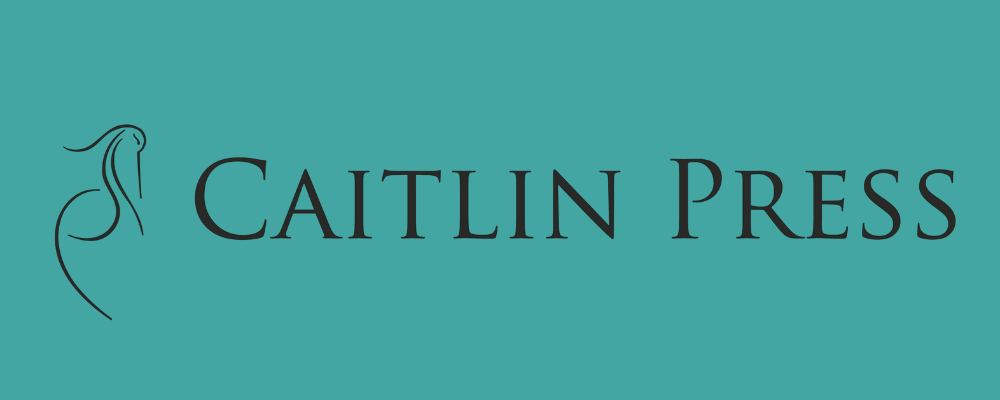June was audiobook month and although we’re late to the party, we can’t resist sharing a bit of data on this fast-growing book format.
Not even the pandemic could slow the growth of the audiobook market over this past year. The American-based Audio Publishers Association recently reported that sales of audiobooks rose 12% in 2020. In fact, 67% of audiobook listeners chose the format as a way to reduce their screen time. Production of audiobooks hasn’t dwindled in the American market either, with audiobook publishers producing 39% more titles in 2020 than in 2019.
How’s the Canadian audiobook market holding up? Here’s a round-up of all our recent research related to audiobooks and their Canadian listeners, from our latest studies Press Play: Audiobook use in Canada 2020, Canadian Leisure & Reading Study 2020, Canadian Book Consumer Study 2020, and The State of Publishing in Canada 2019.
Listening to audiobooks
Do you listen to audiobooks? According to our study Press Play: Audiobook use in Canada 2020, 37% of Canadians are audiobook listeners. And some of these Canadians listen to audiobooks exclusively — 11% in 2020 which was an increase from 5% in 2018. During the first COVID lockdown, 23% of Canadian readers were listening to more audiobooks than they previously did.
Canadians have been listening to audiobooks at increasing rates over the last number of years. Looking at 2020, we find that 24% of listeners listen daily or more than once a day, up from 7% in 2018.
In the Canadian Leisure & Reading Study 2020 we found that of those who engaged in reading activities on a weekly basis, 70% prefer audiobooks, 69% print books, and 72% ebooks.
All told, the average Canadian audiobook listener listens to up to five audiobooks a year. The majority of these listeners listen to audiobooks while doing other things (62%), but 38% are just listening.
For the most part, listeners are using their smartphones to listen to audiobooks. A practice that has been significantly increasing over the years — from only 17% in 2014 to 45% in 2016, going all the way up to 67% in 2020. Other popular methods of listening to audiobooks include using a computer (45% of listeners) or a tablet (41%).
Getting audiobooks
Canadians are getting the audiobooks they listen to in a variety of ways — buying them from retailers or subscription services, borrowing them from the library, or getting them for free by streaming or pirating.
In Press Play: Audiobook use in Canada 2020, we found that downloading or streaming audiobooks for free was the most popular way for Canadian listeners to get their audiobooks in 2020 (38%). Next most popular, 34% of listeners bought audiobooks from an online store. Tied for third, an equal 31% of audiobook listeners bought their audiobooks from a subscription service or borrowed a digital audiobook from their public library, seen in the graph below. The most popular outlets through which listeners got their audiobooks were YouTube (37% of listeners), Audible/Kindle (33%), streaming from the public library (28%), and Google Play (24%).
As for pirating audiobooks for free from an illegal site, we found that 3% of listeners acquired their audiobooks this way in 2020. For those who purchased audiobooks, they paid an average price of $14.38 each according to data from the Canadian Book Consumer Study 2020.
Producing and selling audiobooks
How are publishers producing these audiobooks in Canada? In our study The State of Publishing in Canada 2019, released in 2020, we found that 63% of publishers produce audiobooks in both digital and physical formats. That leaves 28% of publishers who don't produce audiobooks and aren't planning to start doing so anytime soon, while 9% have plans to start producing digital audiobooks.
Most publishers that produce audiobooks have 5% or fewer of their active adult print titles available for listening (59%). On the flip side, 28% of publishers offer more than 5% of their active titles as audiobooks. Only 7% of publishers don't have any active adult print titles available in audiobook format.
About 1% of publishers' Canadian gross sales come from audiobooks. Though when our The State of Publishing in Canada 2019 study was fielded, almost three quarters of publishers thought that their company's audiobook sales would increase in 2020 (72%).
Even with the pandemic, they weren’t wrong. Audiobook sales in Canada increased 34% from 2018 to 2020. And, as we found in our Canadian Book Consumer Study 2020, sales of audiobooks in Canada increased in 2020, hovering between 2% and 8% of total book sales, and continue to trend upward, seen in the graph below.
Tuning in
You heard it here. The data shows that Canadians are listening to audiobooks now more than ever, with a rising marketshare and more audiobooks being produced every year.
Want even more data on audiobooks and the book industry in general? All of the research reports we’ve mentioned in this round-up are free for you to download: Press Play: Audiobook use in Canada 2020, Canadian Leisure & Reading Study 2020, Canadian Book Consumer Study 2020, and The State of Publishing in Canada 2019.
Or, if listening is more your speed, check out some of our podcast episodes and webinars on this booming format:



















Insights into the latest updates and additions made to ONIX codelists.